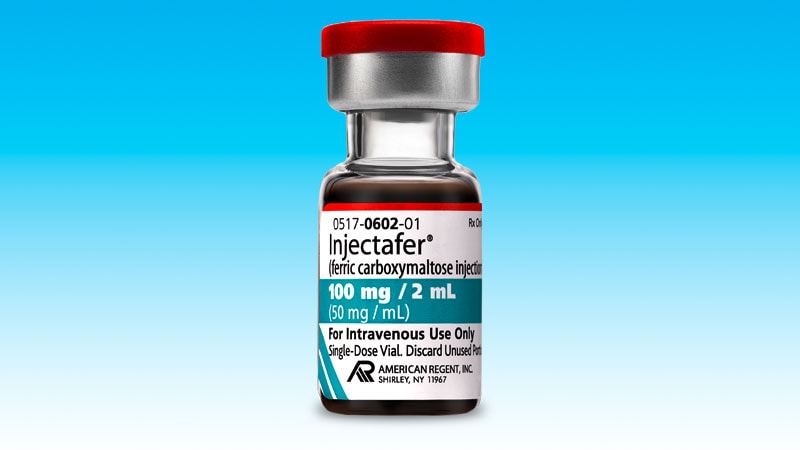FDA Approves Injectafer for Iron Deficiency Anemia in Heart Failure Patients
The FDA has expanded the indication for ferric carboxymaltose injection (Injectafer) to include treating iron deficiency in adults with NYHA class II/III heart failure. This approval is the first for intravenous iron replacement therapy in heart failure patients. Injectafer is also indicated for iron deficiency anemia in adults and children intolerant to oral iron and in adult patients with chronic kidney disease. The approval for heart failure was based on data from the CONFIRM-HF trial, showing improved exercise capacity with Injectafer. Safety profile remains favorable with common adverse events like headache and nausea. Ferric carboxymaltose has been extensively studied in over 40 trials worldwide.
Customize Summary
Rewrite with AI
Generate Citations
Translate Source
To Another Language
Generate MindMap
from source content
Visit Source
www.medscape.com
FDA OKs Injectafer for Iron Deficiency Anemia in HF
Key Insights Distilled From
by Megan Brooks at www.medscape.com 06-05-2023
https://www.medscape.com/viewarticle/992793
Deeper Inquiries
